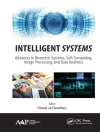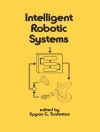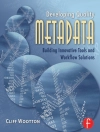As computer systems and networks have evolved and grown more complex, the role of the IT department in most companies has transformed primarily to ensuring that they continue to operate without disruption. IT spending, as reported by a variety of studies, shows the trend that most of the expenses associated with IT are related to the task of operating and managing installed computer systems and applications. Furthermore, the growth in that expense category is outstripping the expense associated with developing new appli- tions. As a consequence, there is a pressing need in the companies and organi- tions to find qualified people who can manage the installed base of computer systems and networks. This marks a significant shift from the previous trend in companies where the bulk of the IT department expenses were targeted on development of new computer applications. The shift from developing new applications to managing existing systems is a natural consequence of the maturity of IT industry. Computers are now u- quitous in every walk of life, and the number of installed successful applications grows steadily over the time. Each installed successful application in a company lasts for a long duration. Consequently, the number of installed applications is much larger than the number of projects focused on developing new appli- tions. While there always will be new applications and systems being developed within companies, the predominance of managing and operating existing app- cations is likely to continue.
Tabla de materias
Planning and Implementation.- Operations Operations Management.- Discovery.- Monitoring.- Fault Management.- Configuration Management.- Performance and Accounting Management.- Security Management.- Advanced Topics.












